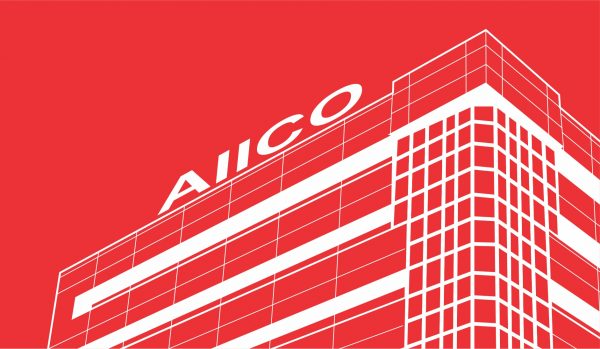
In the evolving world of insurance, Takaful Insurance stands out as a unique and ethically grounded alternative, particularly appealing to those seeking coverage aligned with Islamic principles. Derived from the Arabic word “kafala,” meaning “guaranteeing each other,” Takaful is more than just insurance; it’s a system based on mutual cooperation and shared responsibility among policyholders.
What is Takaful Insurance?
Takaful is a type of Islamic insurance where members contribute money into a pool system to guarantee each other against loss or damage. Unlike conventional insurance, Takaful operates in compliance with Sharia (Islamic law), which prohibits elements like uncertainty (gharar), gambling (maysir), and interest (riba).
How Does Takaful Work?
In a Takaful arrangement, participants (policyholders) pay contributions (premiums) to a common pool. This pool is managed by a Takaful operator, who oversees its distribution and investment in Sharia-compliant ventures. In the event of a claim, the affected participant receives compensation from the pool, ensuring mutual support.
The fundamental principles of Takaful include:
- Mutual Guarantee: Participants mutually agree to support each other in times of need.
- Shared Responsibility: Risks are shared collectively among the participants.
- Transparency: All terms and conditions are clearly defined and agreed upon, fostering trust and cooperation.
Types of Takaful Insurance
Takaful insurance can be categorized into various types to cater to different needs, similar to conventional insurance:
- Family Takaful: This functions like life insurance, providing financial support to beneficiaries in the event of a participant’s death.
- General Takaful: This covers non-life risks such as property damage, liability, and other general insurance needs.
- Health Takaful: Similar to health insurance, it covers medical expenses for participants and their families.
Benefits of Takaful Insurance
- Ethical Investment: Contributions are invested in Sharia-compliant ventures, avoiding industries like alcohol, gambling, and non-halal food production.
- Profit Sharing: Surplus funds, after deducting claims and operational costs, are shared among the participants or reinvested, promoting a sense of ownership.
- Community Welfare: Takaful encourages a spirit of mutual assistance and community welfare, aligning with Islamic values of compassion and collective support.
Challenges and Opportunities
While Takaful offers many advantages, it also faces challenges like limited awareness and understanding among the general population. However, with growing interest in ethical finance and the increasing demand for Sharia-compliant financial products, Takaful insurance has significant growth potential, especially in regions with large Muslim populations.
Conclusion
Takaful insurance is a viable alternative for those seeking ethical insurance solutions that comply with Islamic principles. Its emphasis on mutual assistance, transparency, and ethical investment makes it an attractive option not only for Muslims but also for anyone interested in a community-oriented approach to risk management. As awareness and demand increase, Takaful is poised to play a more significant role in the global insurance landscape.












